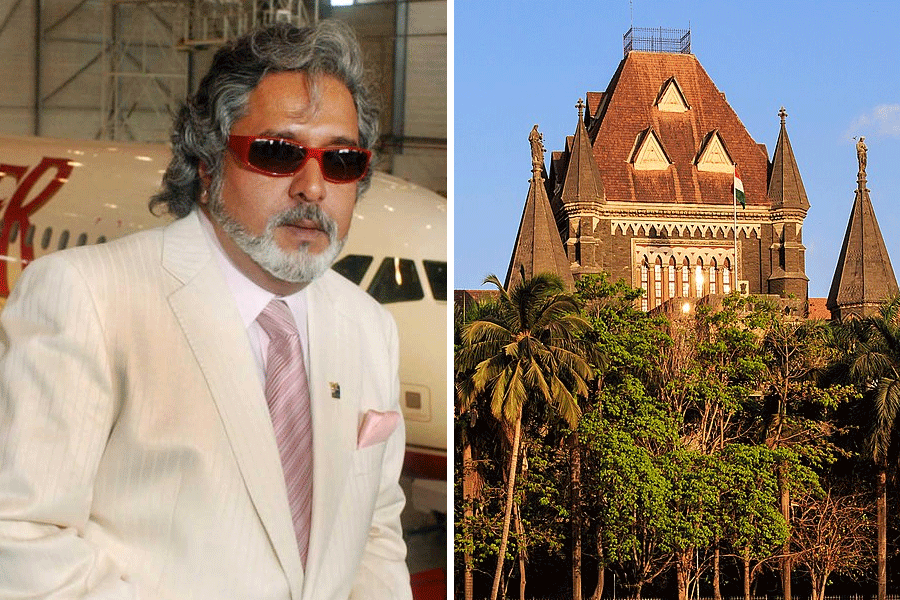 |
| The girls at the press meet in Shillong on Saturday. Telegraph picture |
Shillong, Sept. 18: She is just 11, but her father’s brutality robbed Mamuni of the bliss of childhood.
Talking to reporters at the Shillong Press Club today, Mamuni narrated how her father poisoned her mother to death before selling her off to a family just to get money for his drinks.
“When I was very young, my mother was poisoned to death by my own father. He sold me off to a family so that he could have money to buy alcohol for himself,” a tearful Mamuni narrated amid the presence of other child domestic workers.
All this happened when she was at Nongpoh in Ri Bhoi district, 65km from here.
Her woes continued. In the family where she was sold off, she was regularly beaten up by her employers and had to satiate hunger by eating leftover food. “They (employers) never allowed me to eat along with them. I was provided leftover food and had to bear brutal assaults nearly everyday.”
When she came here with the help of some Samaritans, Mamuni got in touch with the people of the National Domestic Workers’ Movement where she was rehabilitated.
Anita’s mother died when she was just seven. But she had to earn a living to buy medicines for her father who was then suffering from paralysis. “The family which I first worked with was very compassionate. Apart from providing me salary, they also put me into a school,” Anita, who was quite fluent in English, said.
She had to leave that family to return home when her father became seriously ill. A few weeks later, her father passed away. “I again started working in another family, but it was hell for me. I was made to work the whole day apart from being ill-treated,” Anita recollected.
“One day when my employers punished me by making me stand outside, I grabbed the opportunity to run away. I went to a police station to lodge a complaint and from there I was sent to a shelter home,” she said.
Sweety was just 10 when she was taken to Hyderabad by some “Chinese people” who promised her that she would be trained in a beauty parlour.
“That was 2001. But when we reached there, we were made to do heavy household chores,” she said. The parlour, Blue Heaven, was in Banjara Hills, Hyderabad, where scores of children are being taken to do household chores, she added. “They impart training to adults in haircutting but the children are the worst sufferers as they are made to work in families.”
Sweety was able to return home to Byrnihat in Ri Bhoi district with the help of some customers at the parlour.
Other child domestic workers also appealed to the people to treat them mercifully and provide them an opportunity to learn. “We are poor, and that is why we have to work hard. But please give us a chance to learn and be like other children,” they implored.
Sr Teresa Joseph of National Domestic Workers’ Movement admitted that such children also face sexual abuse from employers. “We have come across a lot of children who have been sexually abused by their employers.”
She said child domestic workers were rampant in the state. And a survey done in 2005 in 97 localities showed that the prevalence of such workers was 12.4 per cent. “Poverty is the main reason driving the children to work in houses,” she said.
“We carry out advocacy meetings, poster campaigns and meetings with employers to make it known to them that employing children as domestic workers is a crime.”










